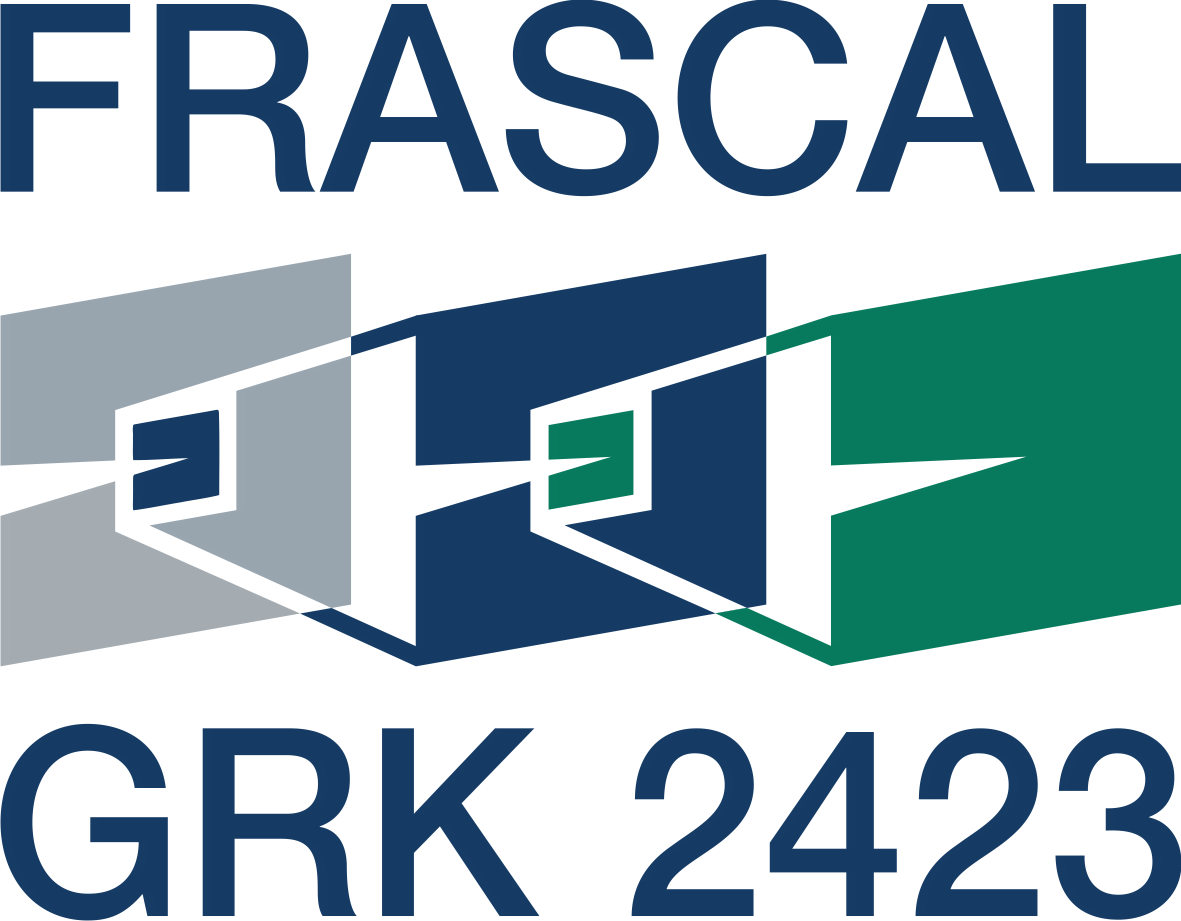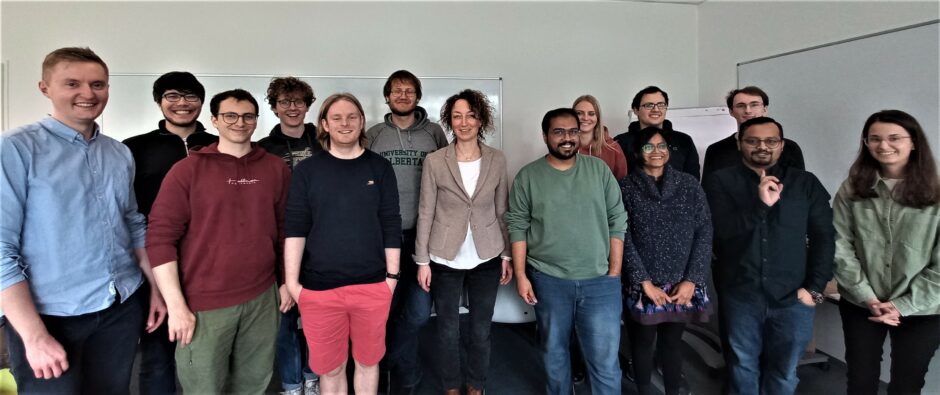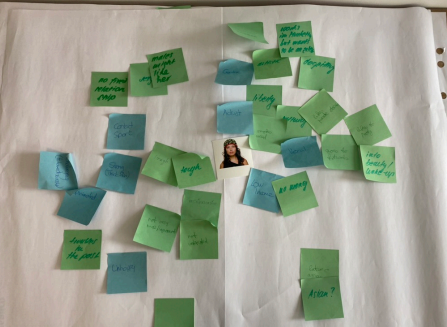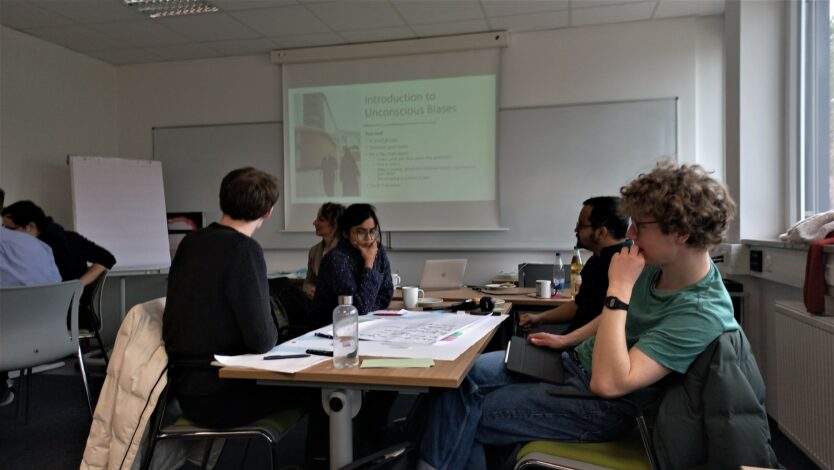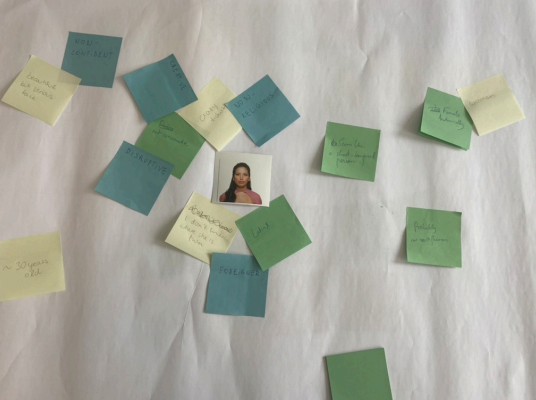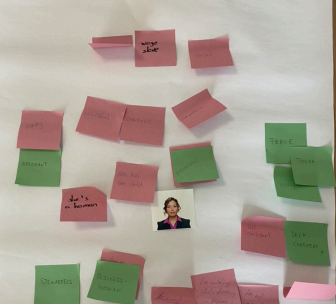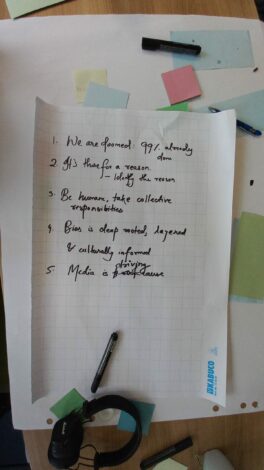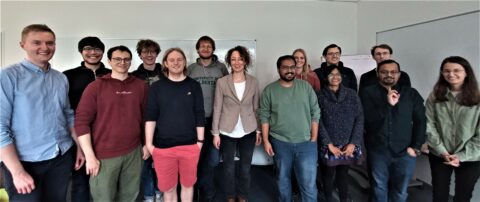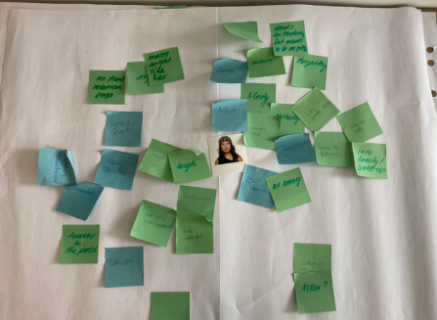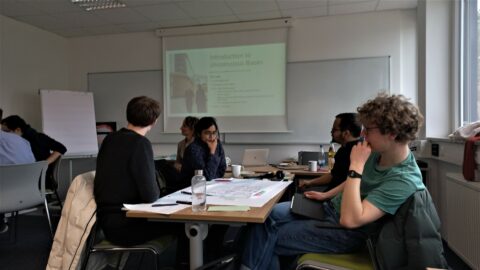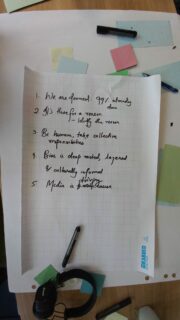Unconscious bias in academia: How our brain tricks us
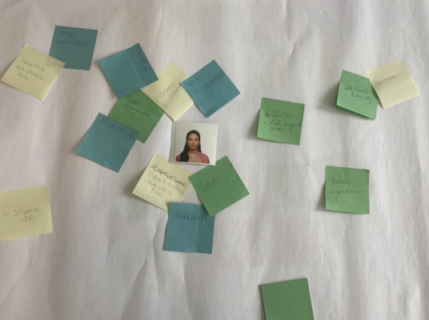
How many unconscious biases prevail in academia? Too many, according to the inclusive leadership expert, Dr. Iris Wangermann. Female-authored papers tend to be cited less frequently than male-authored papers. Further, the ease with which one’s family name is pronounced can have an impact on whether one is promoted or not.
It is an integral part of the FRASCAL curriculum to create awareness of decision-making processes regarding gender, equality and diversity. In this context, PhD students annually invite an expert on this topic to gain further knowledge in this area.
On April 14th, the PhD students welcomed Dr. Iris Wangermann, who visited the Graduate College to hold a workshop on our unconscious biases. Dr. Iris Wangermann is an expert in inclusive leadership, intercultural teambuilding, and consciousness.
„We underestimate or overestimate the competence of people or allow ourselves to be influenced by the group. Talents are overlooked, people who are not necessarily best suited for the position are promoted and needs are not met, which has massive effects on your overall team performance.” (Dr. Iris Wangermann)
During the workshop „Unconscious bias: how our brain tricks us” participants studied the neuroscientific and psychological basics of unconscious biases. Through personal examples and experiences, participants discovered their blind spots.
Dr. Wangermann encouraged participants to accept that imperfection is part of our reality and that we need to practice empathic listening, showing genuine interest, in order to have so called „aha” experiences. The workshop included many practical exercises, such as self-reflection and mindfulness practices, storytelling and listening, as well as judging a picture of a woman at different phases of her life.
Through the experiences gained during the workshop, it became quite apparent to the participating students that unconscious biases are deeply ingrained in our psyche. However, by understanding how these biases arise and affect our behaviour, we can work towards mitigating their impact. Overall, the workshop provided a valuable learning experience for participants and an opportunity to make new connections with colleagues.
Feedback from participants was positive, with many describing the workshop as enriching and intense. There were numerous lively debates amongst the future inclusive leaders.
Ann-Sophie Herzner
